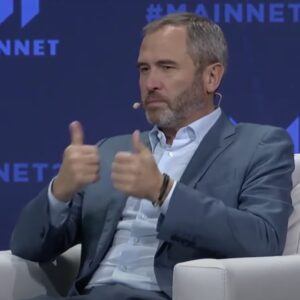On October 14, Michael Kantrowitz, the chief investment officer at Piper Sandler, joined CNBC to share his thoughts on the U.S. stock market.
He provided a nuanced view of the current market, acknowledging that although stock prices are expensive, this should not be a reason to become overly bearish. He emphasizes that while most valuation models indicate that the market has been expensive for some time, Kantrowitz notes that the focus should be on understanding the underlying drivers of these multiples, particularly the removal of risks that were more prominent two years ago. According to him, inflation, higher interest rates, and Fed tightening have been largely priced out of equities, explaining why the market is positioned where it is today.
Kantrowitz contends that the market’s expensive valuation is not enough to trigger a bearish stance unless a new risk emerges. He indicates that the key to any potential downturn would be a resurgence in inflation, another spike in interest rates, or renewed fears of recession. However, he reassures that the current economic backdrop does not suggest any of these risks are imminent, implying that the market can remain expensive in the near term.
He strongly advocates for focusing on individual stocks with continued earnings momentum. Kantrowitz stresses that these stocks, even if priced high, are likely to outperform because they can sustain elevated multiples for a longer period. He also points out that while tech stocks and other traditionally expensive sectors might seem like natural choices, it is more important to delve into each sector and identify stocks that show strong earnings revisions.
Addressing bond yields, Kantrowitz acknowledges that higher yields can pose a problem for the equity market, but only once they reach a certain threshold. He draws a parallel to the beginning of the year when interest rates rose without immediate impact on equities until they hit 4.30%. At that point, rate-sensitive and economically sensitive stocks, including utilities, real estate, and regional banks, started to underperform. Kantrowitz predicts that bond yields would need to rise above 4.25% for the broader market to be significantly affected.
Kantrowitz remains cautious about earnings revisions, observing that estimates tend to decline over the course of the year, particularly in the fourth quarter. He notes that this pattern is likely to continue, especially among small and mid-cap stocks. However, he asserts that large-cap stocks have held up better in terms of earnings, which explains their continued outperformance.
Featured Image via Pixabay









